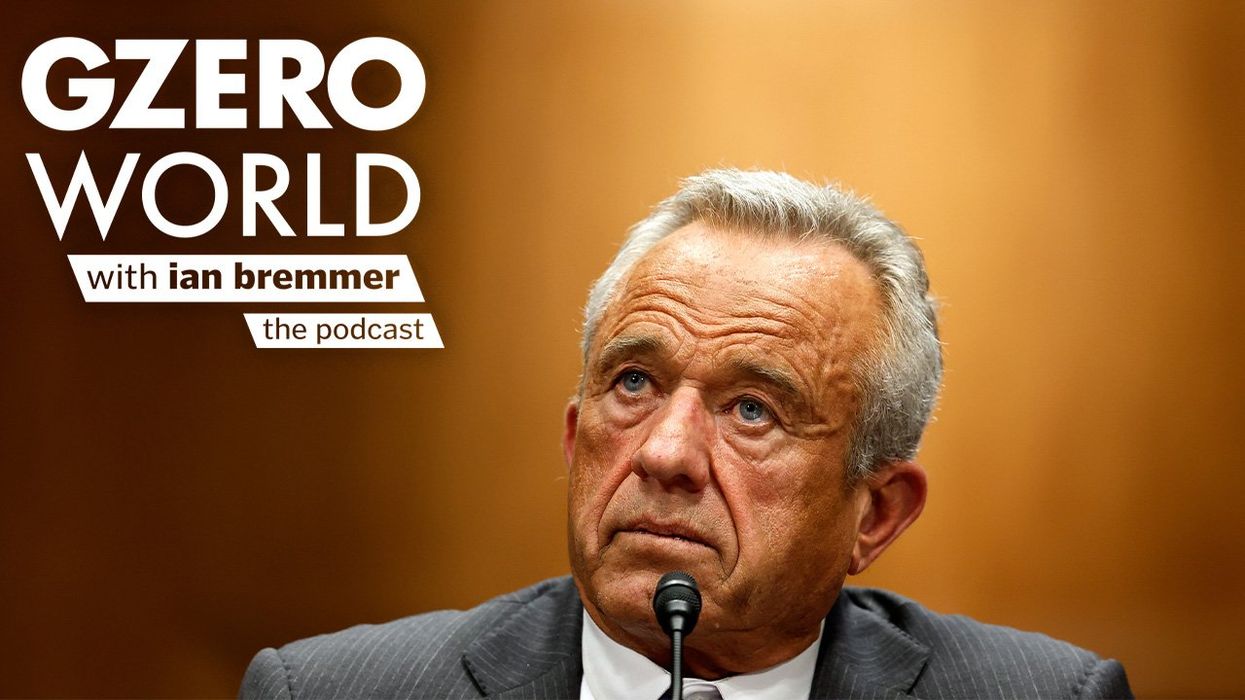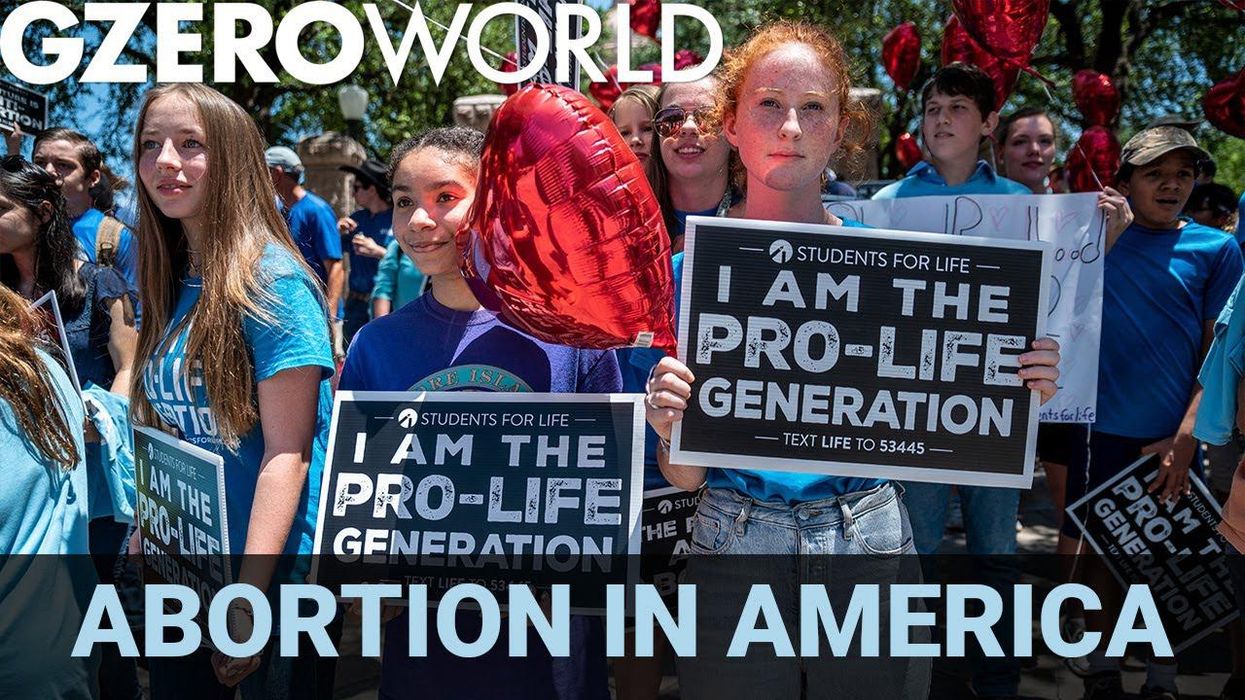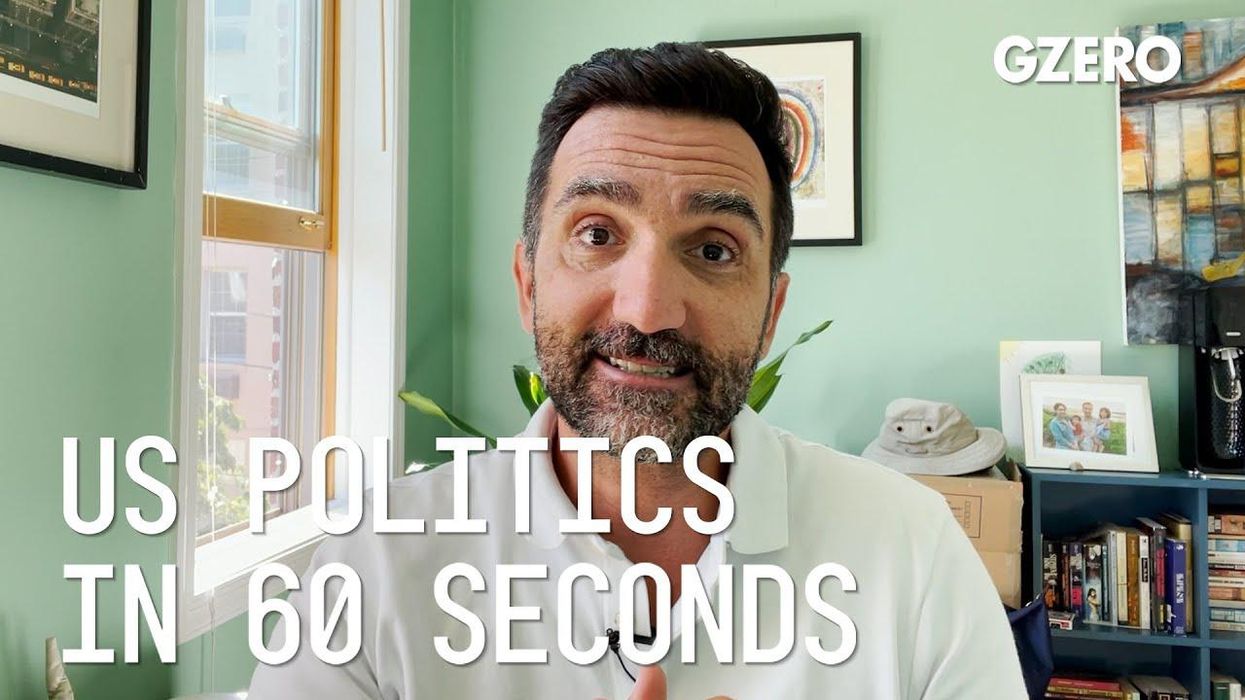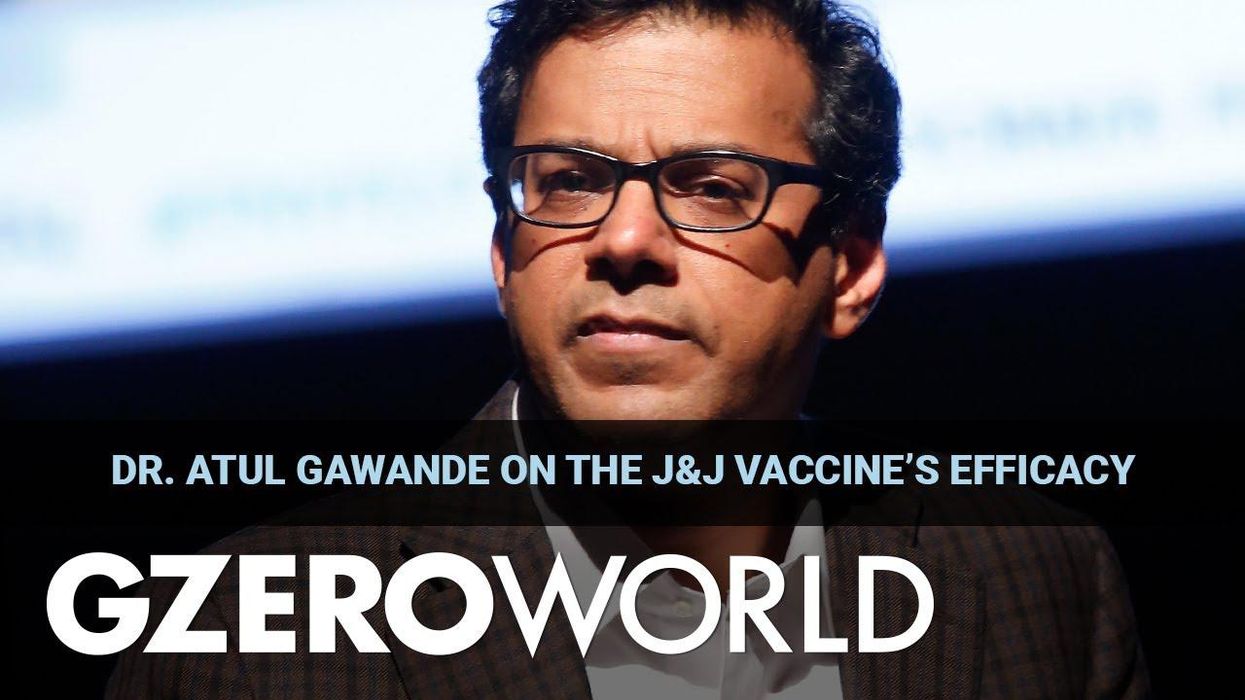GZERO World with Ian Bremmer Podcast
How Trump is remaking US public health, with NY Times reporter Apoorva Mandavilli
Listen: President Trump has already made sweeping changes to US public health policy—from RFK Jr.’s nomination to lead the health department to withdrawing the US from the World Health Organization. On the GZERO World Podcast, New York Times science and global health reporter Apoorva Mandavilli joins Ian Bremmer for an in-depth look at health policy in the Trump administration, and what it could mean, not just for the US, but for the rest of the world.
Feb 08, 2025









